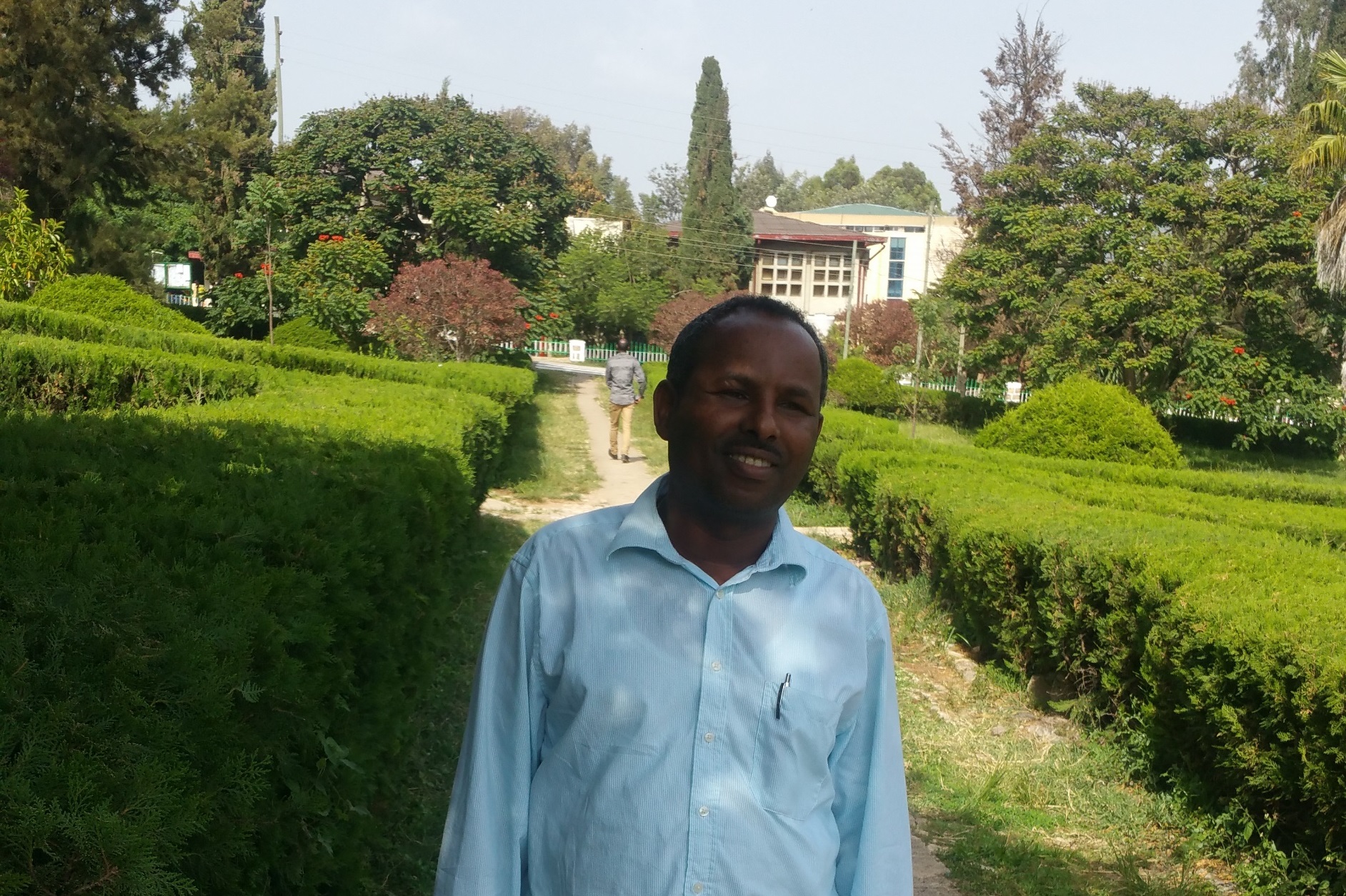
Five Questions with Mengistu Ketema, Associate Professor, School of Agricultural Economics and Agribusiness Management and Director, Research Extension and Publication Office at Haramaya University in Ethiopia.
Q. What makes you so passionate about social science research?
The planet is full of changes, effects, and interactions and they ultimately impact people or society. It is therefore necessary to study how people or society are reacting – or should react. Social science research informs society, especially in developing countries like Ethiopia, where societal transformation is needed. I also love exploring the unknown, finding solutions for known problems, assessing new trends, generating evidence, identifying science-based solutions, making choices and prioritizing alternatives and more – all of which require scientific and systematic investigations.
Q. Tell us about your association with GDN?
I became Director of Research Extension and Publication five years ago, close to the time the GDN-funded project to improve research capacity at Haramaya University started. Being part of the GDN project helped me to push activities with the top management, in my position. But, this is never a big issue at Haramaya – the top management is very open to inputs from staff. The one thing we did differently was that we kept a number of people closely involved in the project, including the Vice-President of Research, because we wanted them to see how these activities were helping students’ research. Externally funded projects can happen in isolation, but (in this case) many appreciated being involved, and it helped mobilize internal funding.
Q. What impact did the GDN program have, including on Haramaya's research output?
I feel the project made an important difference in the research culture at the school, at many levels. Department staff typically did not do much research. This year, however, the University’s research office received 12 research proposals from staff of our school, of which seven have been competitively selected and funded. This is very good for the school. I believe this is linked directly to the fact that we offered trainings on how to write research proposals, how to write research reports, and how to use software application to analyze data. The trainings motivated people to apply for research funding. We are happy with this, it's promising.
Q. To what extent has Haramaya University financed the research activities introduced, with its core budget?
Haramaya University, beyond our school, has institutionalized some of the activities we piloted. This year, for example, it included student applicants in its internal call for staff members funded by the university itself, based on what we did in our project. Accordingly, a total of 48 grants have been awarded a fieldwork research grant, 38 to Master-level students, and 11 to PhD students. We also organized two rounds of short training courses using the training modules on methodology and research planning we developed with the GDN-funded project, and we are planning a third one in September. The school of Plant Sciences and other schools under the College of Agriculture and Environmental Sciences are trying to copy the format, and they are developing their own training materials for their respective departments. Finally, we keep organizing the internal symposia where students present their ongoing research. Two more professors involved their students this year. All of these were funded by the university directly in the last 12 months, after the end of the GDN funding.
Q. What do you think it will take for other departments and schools to pick up the activities you ran in the pilot?
The top management is extremely supportive, but the request should come from different departments. We should keep making efforts to expose other departments to the innovations we introduced with the project. If they see how we do it, they might be interested to replicate them, and in that case, I am sure they will receive support from top management.
In conversation with Francesco Obino, Head of Programs & Madhuri Dass Woudenberg, Head of Communications, Global Development Network, in July 2018.
